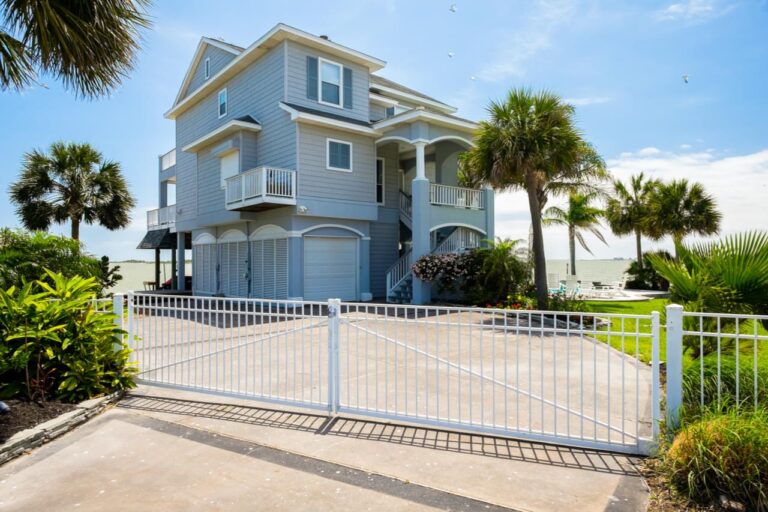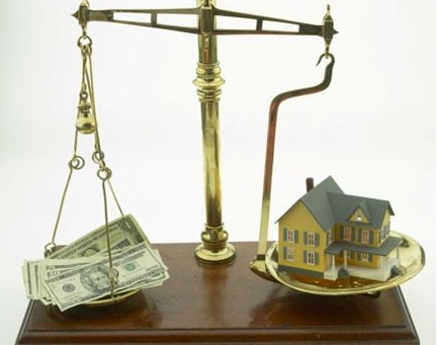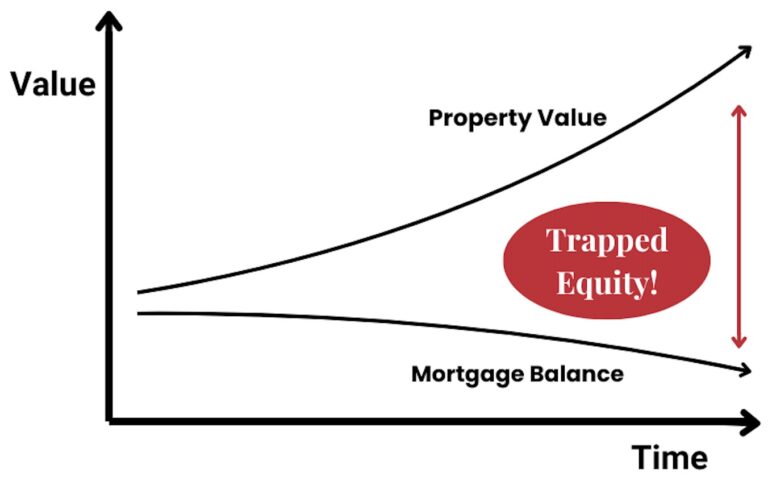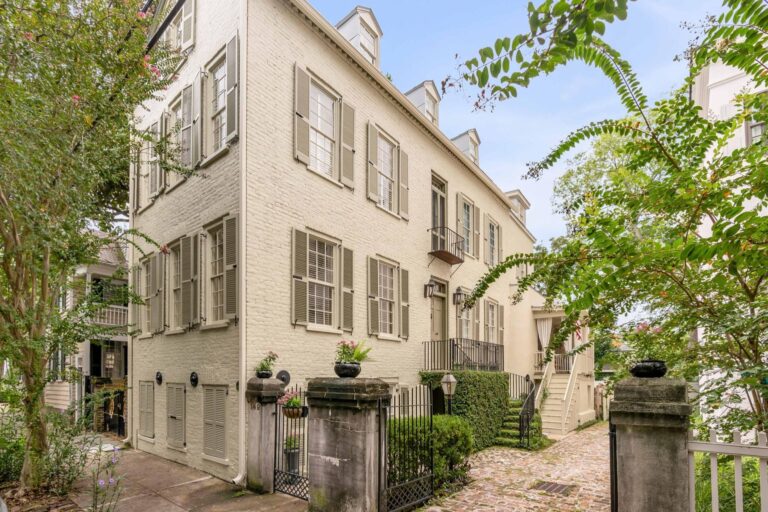Are 1031 Exchanges Still Allowed?
Yes, 1031 exchanges are still allowed in Charleston! Depending who is in charge of the government, eliminating the benefits of the 1031 exchange seem surface in tax reform discussions from time to time. But for now, the 1031 is safe…








